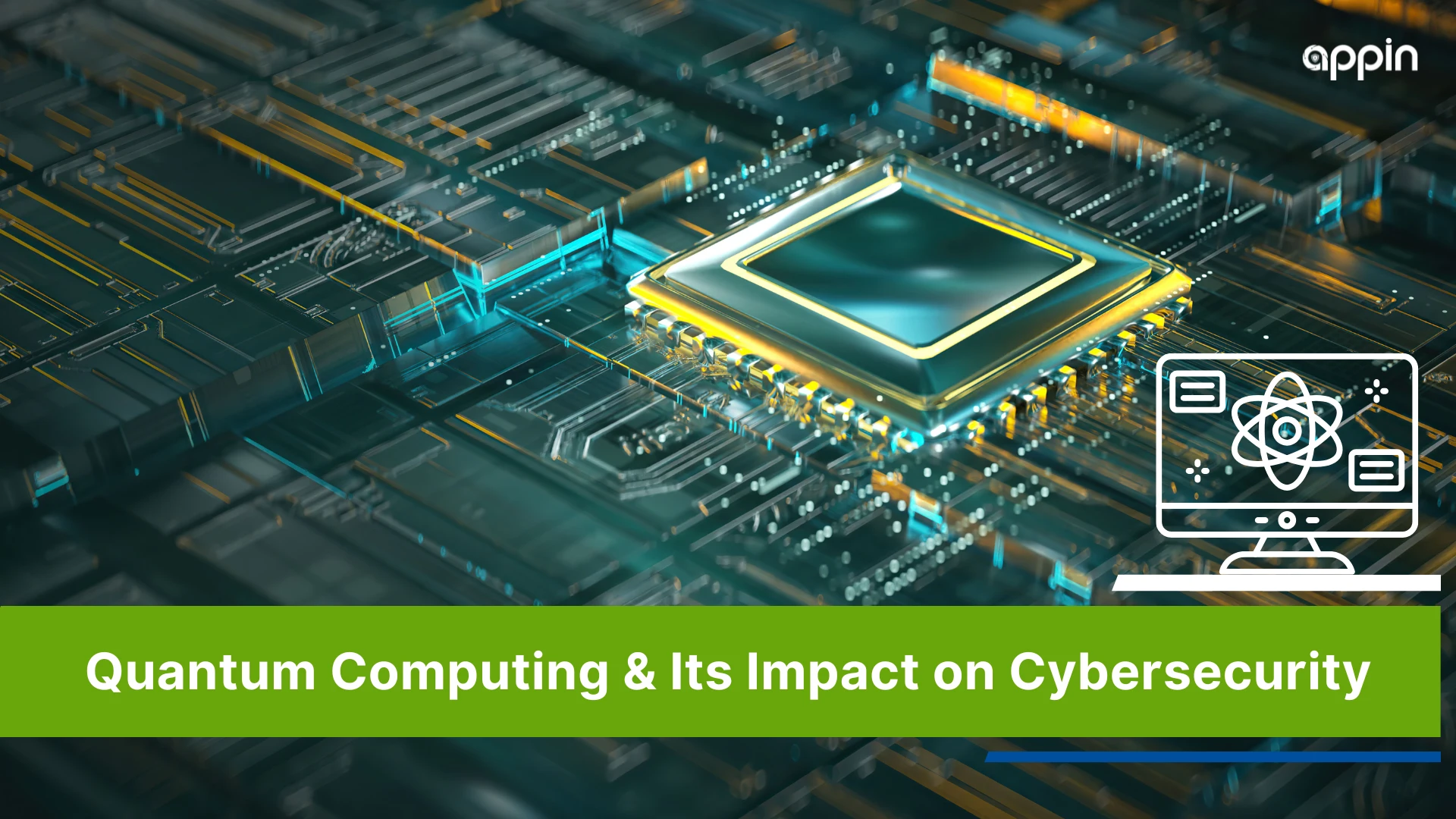As technology evolves at a breakneck speed, the digital landscape becomes increasingly complex. One of the most exciting advancements on the horizon is quantum computing. This revolutionary technology has the potential to reshape many industries, especially cybersecurity. With threats becoming more sophisticated by the day, traditional security measures may not be enough to protect sensitive information.
Imagine a world where cybercriminals can crack encryption in mere seconds or where ethical hacking takes on new dimensions thanks to quantum capabilities. The intersection of quantum computing and cybersecurity opens up both opportunities and challenges that we must explore. Let’s dive into how these advanced machines operate and their profound implications for securing our digital future.
How Quantum Computers Work?
Quantum computers leverage the principles of quantum mechanics, which govern the behavior of particles on a subatomic level. Unlike classical computers that use bits as the smallest unit of information—represented as 0s and 1s—quantum computers utilize qubits. These qubits can exist in multiple states simultaneously, thanks to a phenomenon known as superposition.
Entanglement is another key principle. When qubits become entangled, the state of one qubit is directly related to another, regardless of distance. This interconnectedness allows quantum systems to perform complex calculations at astonishing speeds.
The power lies not just in speed but also in efficiency. Quantum algorithms can solve problems considered practically impossible for classical machines, such as factoring large numbers or searching unsorted databases rapidly. This unique computational ability makes quantum technology particularly promising for advancing cybersecurity measures and ethical hacking practices.
Advantages of Quantum Computing in Cybersecurity
Quantum computing brings a game-changing advantage to cybersecurity. Its ability to process vast amounts of data simultaneously allows for more robust encryption methods than ever before. Traditional cryptographic techniques could soon be rendered obsolete against the power of quantum algorithms.
Additionally, quantum key distribution (QKD) offers unparalleled security. This method relies on the principles of quantum mechanics, ensuring that any attempt at eavesdropping changes the information being transmitted. Thus, it alerts users to potential breaches in real-time.
Furthermore, machine learning capabilities within quantum systems enhance threat detection and response times. By analyzing patterns in network traffic at unprecedented speeds, organizations can identify vulnerabilities faster than conventional systems allow.
As cyber threats evolve and become more sophisticated, leveraging these advantages is essential for maintaining secure environments across industries. Quantum computing stands poised as a vital tool for ethical hacking professionals aiming to strengthen defenses against emerging risks.
Potential Risks and Challenges
Quantum computing brings incredible advancements, but it also introduces significant risks. One major concern is its potential to break current encryption methods. Traditional algorithms, like RSA and ECC, could become obsolete overnight.
This vulnerability poses a serious threat to sensitive data across various sectors. Personal information, financial records, and classified government communications are at risk of being exposed.
Moreover, the development of quantum-resistant cryptography is still in its early stages. Transitioning entire systems to these new protocols will be complex and time-consuming.
There’s also the challenge of accessibility. Not every organization can afford quantum technology or the necessary training for ethical hacking professionals skilled in this area.
As with any emerging technology, there is a danger that malicious actors may exploit quantum capabilities before safeguards are fully established. The race between advancement and security continues to intensify without a clear resolution in sight.
Conclusion
Quantum computing stands at the frontier of technological innovation, promising to revolutionize cybersecurity as we know it. While it offers unprecedented advantages in encryption methods and threat detection, it simultaneously poses significant challenges to our current security infrastructure. The race between developing quantum-resistant protocols and potential exploitation by malicious actors creates an urgent need for proactive measures.
Organizations must begin preparing for this quantum future by investing in research, training, and infrastructure upgrades. The success of our digital security will depend on how well we adapt to and harness this transformative technology. As we move forward, the collaboration between quantum computing experts and cybersecurity professionals will be crucial in building a resilient and secure digital ecosystem.
Frequently Asked Questions
How soon will quantum computers be able to break current encryption methods?
While the timeline remains uncertain, experts estimate that practical quantum computers capable of breaking current encryption could emerge within the next 5-10 years. This creates an urgent need for organizations to begin implementing quantum-resistant cryptography well before this capability becomes a reality.
What is quantum key distribution, and why is it considered more secure?
Quantum key distribution (QKD) leverages the principles of quantum mechanics to create virtually unbreakable encryption keys. Its security stems from the fundamental property that any attempt to measure or intercept quantum information automatically alters it, making unauthorized access immediately detectable. This provides a level of security guaranteed by the laws of physics rather than mathematical complexity.
Will all organizations need to invest in quantum computers to maintain security?
Not necessarily. While quantum computers themselves may remain expensive and specialized, organizations will need to invest in quantum-resistant encryption methods and security protocols. Many of these solutions can be implemented on classical computing systems, making quantum-safe security accessible to organizations of various sizes.
How does quantum computing enhance threat detection?
Quantum computers can process and analyze vast amounts of data simultaneously, allowing them to identify patterns and anomalies in network traffic much faster than classical computers. This capability enables real-time threat detection and response, significantly improving an organization’s security posture.
What steps can organizations take now to prepare for the quantum era?
Organizations should begin by conducting quantum risk assessments, inventorying their cryptographic systems, and developing transition plans to quantum-resistant algorithms. They should also invest in training their cybersecurity teams in quantum computing principles and stay informed about the latest developments in post-quantum cryptography standards.


